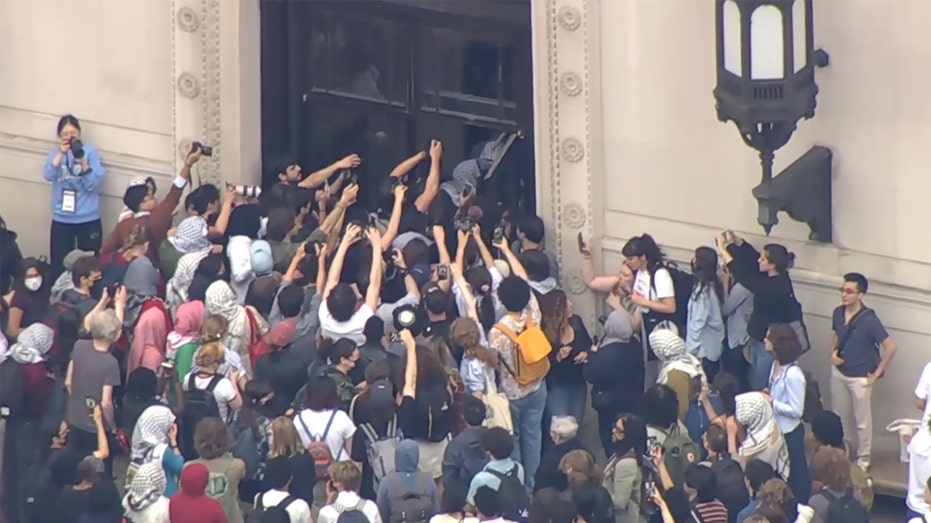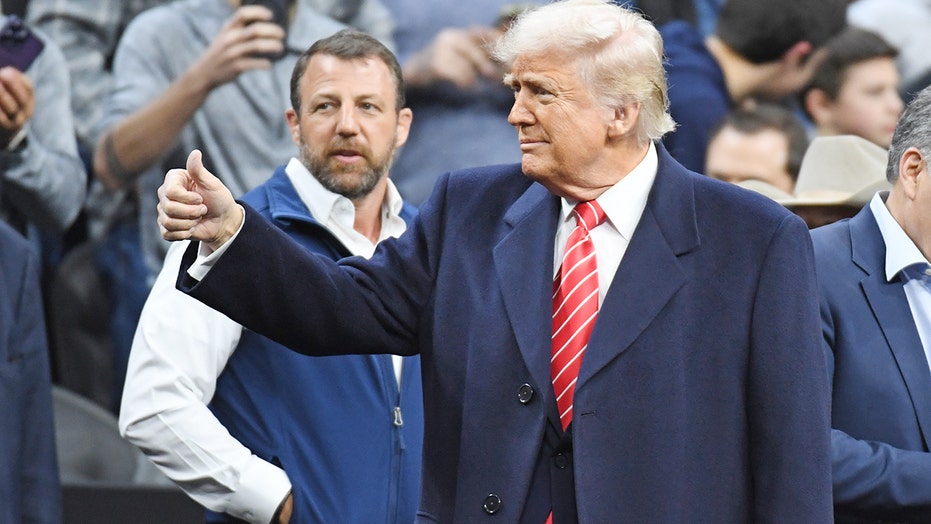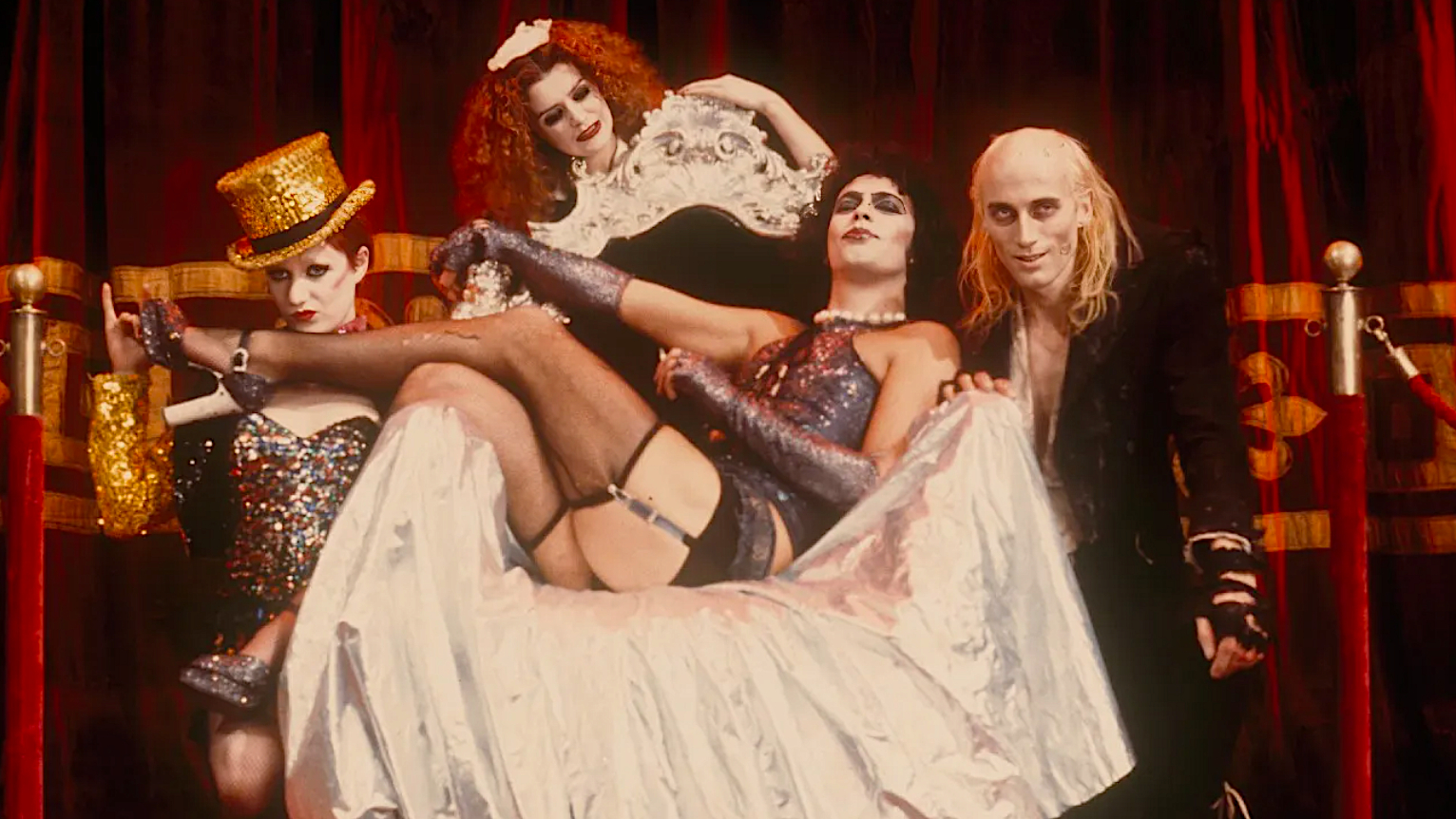Why Hollywood is afraid of Chinese bad guys
The reason for this is straightforward: China is a market that Hollywood covets.

Watching Hollywood films and TV shows, you might notice something missing: Chinese bad guys.
Even though China is widely acknowledged as the U.S.’s main strategic rival, we rarely see Chinese villains in our contemporary stories. Instead, we are treated to the same old nefarious Russians, Islamic terrorists, trans-national criminals and occasionally a dodgy character from a smaller country.
The reason for this is straightforward: China is a market that Hollywood covets.
In 2019, for example, the China Film Administration and box office analytics firms like EntGroup and Box Office Mojo estimated that Hollywood generated $11 billion in box office revenue, with big-budget films like "Avengers: Endgame" and "The Lion King" leading the way.
Those numbers slumped during the COVID-19 pandemic, but they rebounded to $7.5 billion in 2022, the last year somewhat accurate numbers are available.
The pandemic, however, is not the only reason revenue is down for Hollywood fare in China. A native film industry has developed, which the Chinese government has been careful to nurture. And the growing Chinese middle class has shown a growing preference for local stories.
Hollywood's kowtowing to China has certainly not gone unnoticed.
In October 2019, the second episode of the 23rd season of the cartoon series, South Park, titled “Band in China” appeared and parodied this issue. The episode shows Chinese officials on the set of a movie censoring the production in real time as a real (and hilarious) send-up of Chinese censorship abroad.
The episode got positive reviews in the U.S., but it created an uproar in China, where South Park was subsequently banned.
Even though Hollywood censors itself due to Chinese pressure, China feels no pressure to avoid the portrayal of Americans as villains in its growing film industry. In films like “The Founding of a Republic,” “The Great National Revival” or “Cliff Walkers,” Americans are portrayed as nefarious forces in Chinese history.
In films with more contemporary storylines like “Operation Red Sea,” where Americans are shown as terrorists, or “Skyfire,” where Westerners are depicted as nefarious and consumed by greed, the Chinese show a willingness not seen in Hollywood to more accurately represent their country’s current view of the world.
The hypocrisy of China effectively censoring American entertainment, while skewering Americans on its own entertainment, is consistent with the other elements of Chinese policy. For example, every major American social media company is banned in China, but efforts to do so with TikTok in the U.S. have elicited outrage in China.
Lamenting the lack of Chinese villains in entertainment doesn’t mean I’m suggesting that we need cartoonish Chinese bad guys crudely depicted for low-brow entertainment or jingoism. But art should depict the world as it is. Although blockbuster movies are not necessarily intended to educate, they are a platform for our culture to understand its adversaries.
For instance, the Bond thriller “From Russia with Love” played a small role in America’s understanding of the struggle we were engaged in with the Soviet Union.
Censoring our entertainment out of misplaced deference to China leaves our society less knowledgeable about the challenges we face from that country — one of the main reasons China has surely enjoyed the leverage it has held on Hollywood.
Many Americans know on some level that we are engaged in a struggle with China for global primacy that will play out over many decades. But I would estimate that the portion of society that understands the broad outlines of that struggle is much lower than during the Cold War, when Hollywood produced plenty of content portraying that struggle.
The storylines for fascinating entertainment are certainly there. Over the last several decades, the Chinese have been engaged in an unprecedented campaign of industrial espionage, which I have seen clearly in my work in corporate security, and which would make for riveting and complex thrillers.
The Chinese have been engaged in high-stakes brinksmanship against American allies in the South China Sea and have supported Houthi efforts to target American military assets. Chinese support for Russia’s war against Ukraine, it’s establishment of illegal “police stations” in U.S. cities to spy and stifle dissidents, as well as its Orwellian repression of its Uyghur population are just some of the robust storylines that could be mined for riveting entertainment while also educating Americans about our leading adversary.
It’s worth noting that if you talk to Hollywood executives, they quickly acknowledge their position with China. John Sipher, a former senior CIA official and now CEO of Spycraft Entertainment, has heard similar things for years.
“We are encouraged by producers to find other bad guys. I haven't yet encountered anyone willing to consider exploring characters from Chinese intelligence or paramilitary groups,” he told me in an interview.
These producers and executives will point out that their concerns aren’t limited to losing the lucrative Chinese market. There have been large amounts of Chinese investments in producing content in recent years, and Hollywood executives are reluctant to lose such valuable funding.
It’s also because Hollywood remembers that damaging and embarrassing 2014 hack of Sony Pictures Entertainment by the North Koreans, who were unhappy about how the movie “The Interview” portrayed their country and its leader. The fallout from that incident lingers in Hollywood, and no studio wants to be the target of a major cyberattack by the Chinese, who have strong capabilities in this area.
But with the Trump tariffs and trade war with China seemingly in full swing, China has announced it will curtail the import of American films. On Sunday, Trump announced 100 percent tariffs on foreign movies on his social media network, saying Hollywood is dying a "very fast death."
With the Chinese market now off-limits for Hollywood, will the industry find its voice when it comes to depicting the Chinese?
I suspect not, at least not right away. The Chinese could make a deal with the U.S. on tariffs and Hollywood could go back to salivating over the Chinese market and remain reluctant to develop accurate and complex stories depicting Chinese characters.
It’s worth wondering if Hollywood can still accurately depict America as the good guys. With an administration that has abandoned democratic allies in favor of repressive, dictatorial states, the rule of law being undermined as Trump consolidates power and nativist and illiberal policies leading to people with no criminal record being snatched off American streets and sent to foreign gulags, it’s getting harder to say.
Jeremy Hurewitz was a journalist based in China and is the author of “Sell Like a Spy.” He is the Head of Interfor Academy.










![[DEALS] The Premium Python Programming PCEP Certification Prep Bundle (67% off) & Other Deals Up To 98% Off – Offers End Soon!](https://www.javacodegeeks.com/wp-content/uploads/2012/12/jcg-logo.jpg)




































































